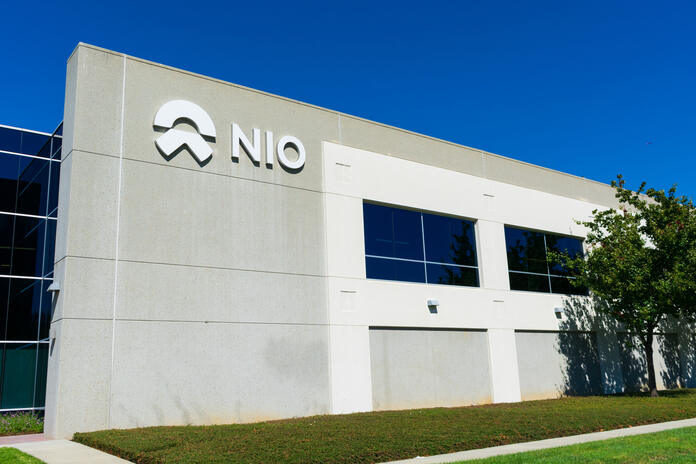China has officially added electric vehicle manufacturer Nio (NYSE:NIO) to its list of approved companies permitted to produce vehicles within the country, as reported by the Chinese industry ministry’s website.
The ministry’s website should have disclosed specific details regarding the timing or conditions of the manufacturing license granted to Nio. The company has partnered with Anhui Jianghuai Automobile Group (JAC) since 2018, collaborating on the contract-based production of electric vehicles.
In response to a query from Reuters, Nio stated that it currently has no information to share on the matter. The issuance of a manufacturing license would bring clarity to the potential impact on Nio from JAC’s plans to sell assets belonging to the factories producing Nio electric vehicles.
Reports in October from the state-backed newspaper China Securities Journal indicated JAC’s intentions to sell assets, with Nio asserting at the time that such a sale would not disrupt its future production activities.
This development also signifies a notable shift for Chinese authorities, who have exercised caution in approving new production amid concerns about overcapacity and an intensifying price war involving more than 40 brands. Notably, Tesla Inc (NASDAQ:TSLA) faced challenges in obtaining regulatory approval for its Shanghai plant expansion plan, as reported by Reuters in June. Similarly, sources informed Reuters that U.S. luxury EV maker Lucid Group (NASDAQ:LCID) is unlikely to receive approval.
The process for automakers to produce and sell cars in China involves obtaining permits from the state planner and the industry ministry. Nio is the latest electric vehicle maker to receive both permits since Sinogold in May 2019. In the first 10 months of the year, Nio secured the ninth position in terms of electric vehicle sales in China, with 126,067 units, according to data from the China Passenger Car Association.
While striving to enhance profitability, Nio is taking measures such as workforce reduction and deferring long-term investments to improve efficiency and reduce costs amid escalating competition in the electric vehicle market.
Featured Image: Megapixl















